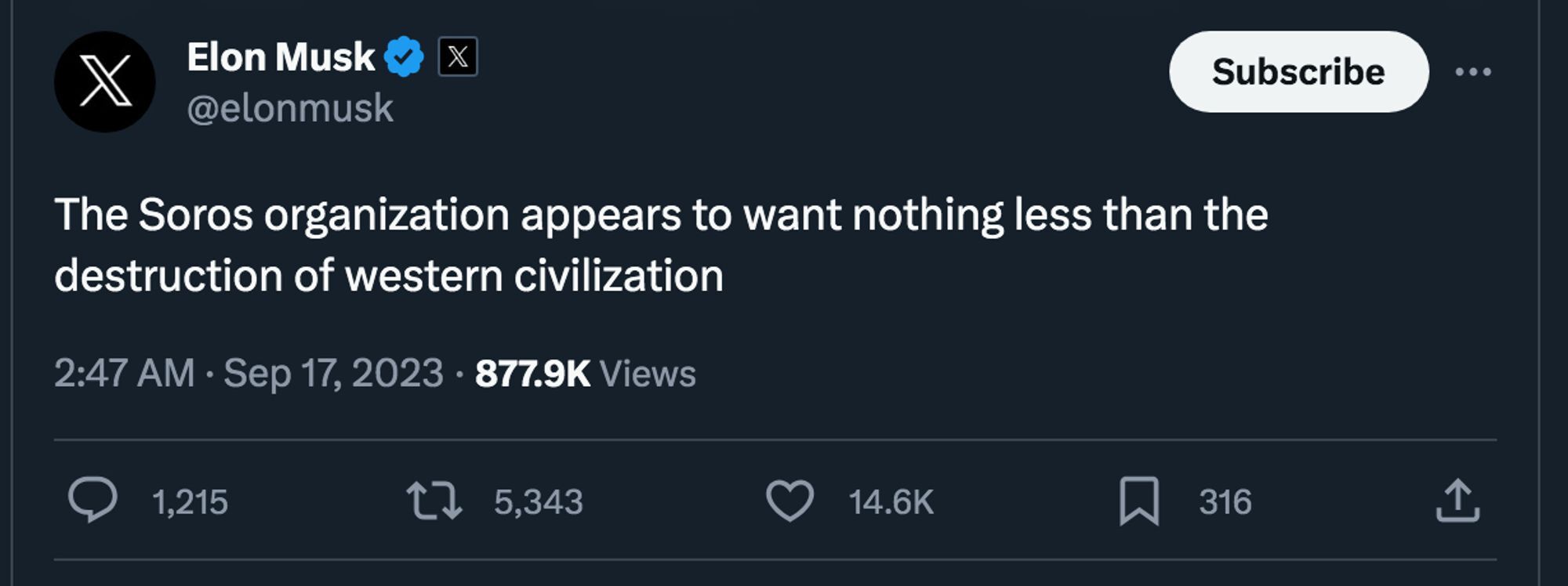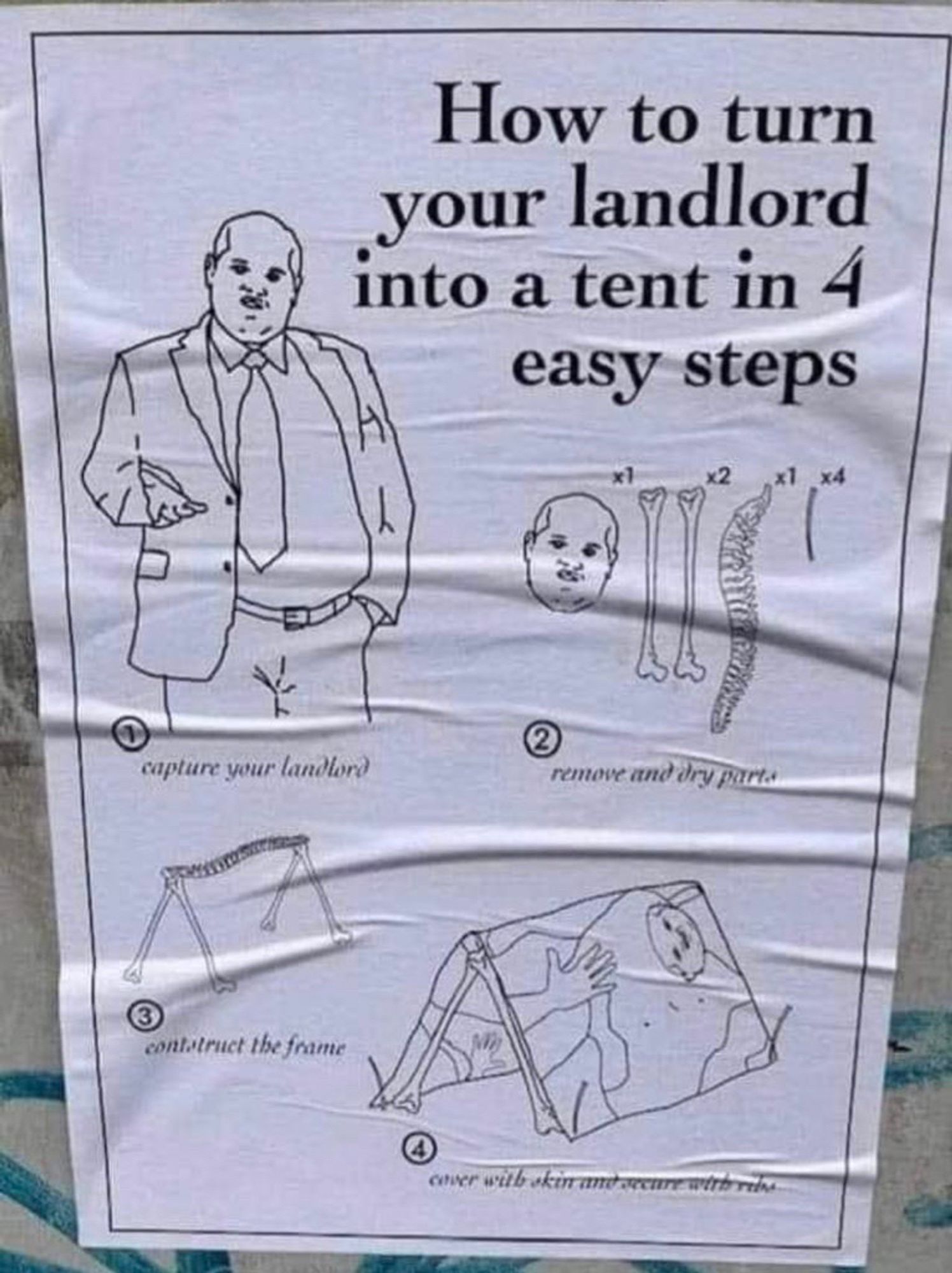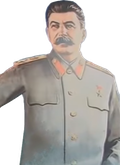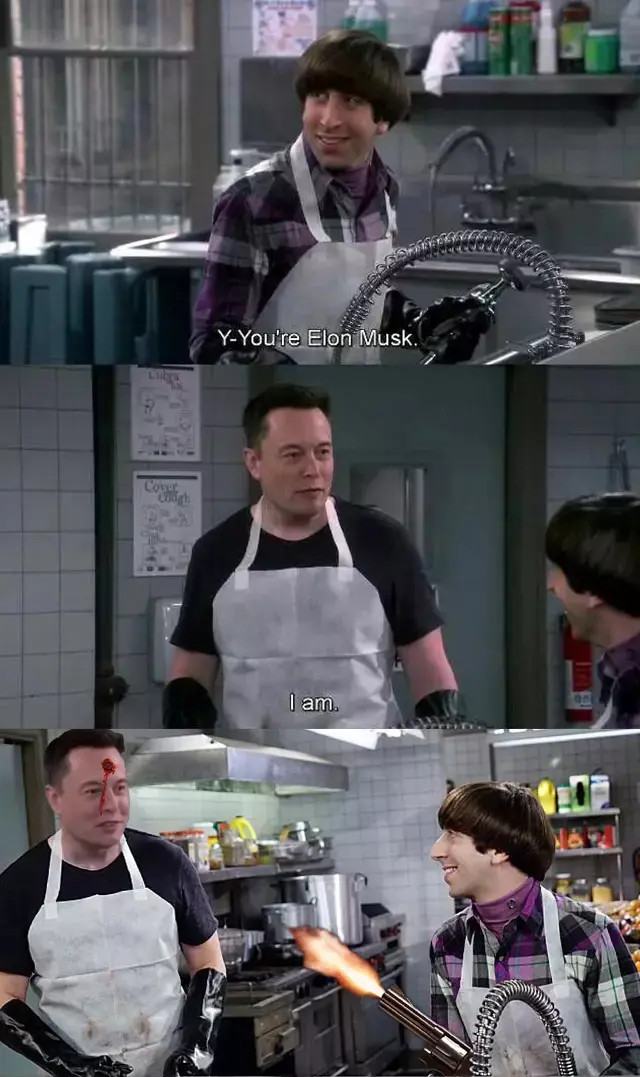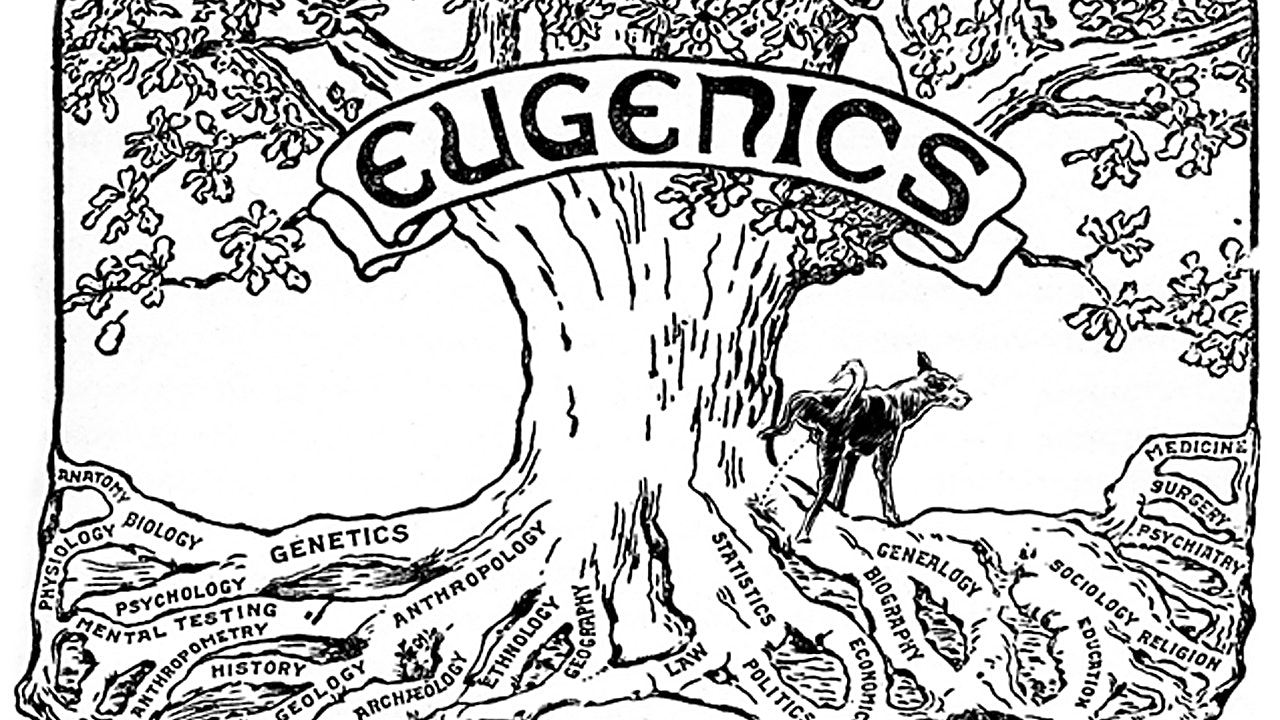Direct paste of telegram below, formatting will be weird:
C O N F I D E N T I A L - MOSCOW 000265
SIPDIS - SIPDIS
E.O. 12958: DECL: 01/30/2018
TAGS: PREL, NATO, UP, RS
SUBJECT: "NYET MEANS NYET: RUSSIA'S NATO ENLARGEMENT REDLINES"
REF: A. MOSCOW 147 B. MOSCOW 182
Classified By: Ambassador William J. Burns. Reasons 1.4 (b) and (d).
(C) Summary. Following a muted first reaction to
Ukraine's intent to seek a NATO Membership Action Plan (MAP) at the Bucharest summit (ref A), Foreign Minister Lavrov and other senior officials have reiterated strong opposition,
stressing that Russia would view further eastward expansion
as a potential military threat. NATO enlargement,
particularly to Ukraine, remains "an emotional and neuralgic"
issue for Russia, but strategic policy considerations also
underlie strong opposition to NATO membership for Ukraine and Georgia.
In Ukraine, these include fears that the issue
could potentially split the country in two, leading to
violence or even, some claim, civil war, which would force
Russia to decide whether to intervene. Additionally, the GOR
and experts continue to claim that Ukrainian NATO membership would have a major impact on Russia's defense industry, Russian-Ukrainian family connections, and bilateral relations generally. In Georgia, the GOR fears continued instability and "provocative acts" in the separatist regions. End summary.
MFA: NATO Enlargement "Potential Military Threat to Russia"
- (U) During his annual review of Russia's foreign policy
January 22-23 (ref B), Foreign Minister Lavrov stressed that
Russia had to view continued eastward expansion of NATO,
particularly to Ukraine and Georgia, as a potential military
threat. While Russia might believe statements from the West
that NATO was not directed against Russia, when one looked at
recent military activities in NATO countries (establishment
of U.S. forward operating locations, etc. they had to be
evaluated not by stated intentions but by potential. Lavrov
stressed that maintaining Russia's "sphere of influence" in
the neighborhood was anachronistic, and acknowledged that the U.S. and Europe had "legitimate interests" in the region.
But, he argued, while countries were free to make their own
decisions about their security and which political-military
structures to join, they needed to keep in mind the impact on
their neighbors.
-
(U) Lavrov emphasized that Russia was convinced that
enlargement was not based on security reasons, but was a
legacy of the Cold War. He disputed arguments that NATO was
an appropriate mechanism for helping to strengthen democratic governments. He said that Russia understood that NATO was in search of a new mission, but there was a growing tendency for new members to do and say whatever they wanted simply because they were under the NATO umbrella (e.g. attempts of some new member countries to "rewrite history and glorify fascists").
-
(U) During a press briefing January 22 in response to a
question about Ukraine's request for a MAP, the MFA said "a
radical new expansion of NATO may bring about a serious
political-military shift that will inevitably affect the
security interests of Russia."
The spokesman went on to stress that Russia was bound with Ukraine by bilateral obligations set forth in the 1997 Treaty on Friendship, Cooperation and Partnership in which both parties undertook to "refrain from participation in or support of any actions capable of prejudicing the security of the other Side." The spokesman noted that Ukraine's "likely integration into NATO would seriously complicate the many-sided Russian-Ukrainian relations," and that Russia would "have to take appropriate measures." The spokesman added that "one has the impression that the present Ukrainian leadership regards rapprochement with NATO largely as an alternative to good-neighborly ties with the Russian Federation."
Russian Opposition Neuralgic and Concrete
-
(C) Ukraine and Georgia's NATO aspirations not only touch
a raw nerve in Russia, they engender serious concerns about
the consequences for stability in the region. Not only does
Russia perceive encirclement, and efforts to undermine
Russia's influence in the region, but it also fears unpredictable and uncontrolled consequences which would seriously affect Russian security interests. Experts tell us that Russia is particularly worried that the strong divisions in Ukraine over NATO membership, with much of the ethnic-Russian community against membership, could lead to a major split, involving violence or at worst, civil war. In that eventuality, Russia would have to decide whether to intervene; a decision Russia does not want to have to face.
-
(C) Dmitriy Trenin, Deputy Director of the Carnegie Moscow Center, expressed concern that Ukraine was, in the long-term, the most potentially destabilizing factor in U.S.-Russian relations, given the level of emotion and neuralgia triggered by its quest for NATO membership. The letter requesting MAP consideration had come as a "bad surprise" to Russian officials, who calculated that Ukraine's NATO aspirations were safely on the backburner.
With its public letter, the issue had been "sharpened." Because membership remained divisive in Ukrainian domestic politics, it created an opening for Russian intervention. Trenin expressed concern that elements within the Russian establishment would be encouraged to meddle, stimulating U.S. overt encouragement of opposing political forces, and leaving the U.S. and Russia in a classic confrontational posture.
The irony, Trenin professed, was that Ukraine's membership would defang NATO, but neither the Russian public nor elite opinion was ready for that argument. Ukraine's gradual shift towards the West was one thing, its preemptive status as a de jure U.S. military ally another. Trenin cautioned strongly against letting an internal Ukrainian fight for power, where MAP was merely a lever in domestic politics, further complicate U.S.-Russian relations now.
-
(C) Another issue driving Russian opposition to Ukrainian
membership is the significant defense industry cooperation
the two countries share, including a number of plants where
Russian weapons are made. While efforts are underway to shut
down or move most of these plants to Russia, and to move the
Black Sea fleet from Sevastopol to Novorossiysk earlier than
the 2017 deadline, the GOR has made clear that Ukraine's
joining NATO would require Russia to make major (costly)
changes to its defense industrial cooperation.
-
(C) Similarly, the GOR and experts note that there would
also be a significant impact on Russian-Ukrainian economic
and labor relations, including the effect on thousands of
Ukrainians living and working in Russia and vice versa, due
to the necessity of imposing a new visa regime. This,
Aleksandr Konovalov, Director of the Institute for Strategic
Assessment, argued, would become a boiling cauldron of anger
and resentment among the local population.
-
(C) With respect to Georgia, most experts said that while not as neuralgic to Russia as Ukraine, the GOR viewed the situation there as too unstable to withstand the divisiveness NATO membership could cause. Aleksey Arbatov, Deputy Director of the Carnegie Moscow Center, argued that Georgia's NATO aspirations were simply a way to solve its problems in Abkhazia and South Ossetia, and warned that Russia would be put in a difficult situation were that to ensue.
Russia's Response
-
(C) The GOR has made it clear that it would have to
"seriously review" its entire relationship with Ukraine and
Georgia in the event of NATO inviting them to join. This
could include major impacts on energy, economic, and
political-military engagement, with possible repercussions
throughout the region and into Central and Western Europe.
Russia would also likely revisit its own relationship with
the Alliance and activities in the NATO-Russia Council, and
consider further actions in the arms control arena, including
the possibility of complete withdrawal from the CFE and INF
Treaties, and more direct threats against U.S. missile
defense plans.
-
(C) Isabelle Francois, Director of the NATO Information
Office in Moscow (protect), said she believed that Russia had
accepted that Ukraine and Georgia would eventually join NATO
and was engaged in long-term planning to reconfigure its
relations with both countries, and with the Alliance.
However, Russia was not yet ready to deal with the
consequences of further NATO enlargement to its south. She
added that while Russia liked the cooperation with NATO in
the NATO-Russia Council, Russia would feel it necessary to
insist on recasting the NATO-Russia relationship, if not
withdraw completely from the NRC, in the event of Ukraine and
Georgia joining NATO.
Comment
(C) Russia's opposition to NATO membership for Ukraine
and Georgia is both emotional and based on perceived strategic concerns about the impact on Russia's interests in
the region. It is also politically popular to paint the U.S.
and NATO as Russia's adversaries and to use NATO's outreach
to Ukraine and Georgia as a means of generating support from
Russian nationalists. While Russian opposition to the first
round of NATO enlargement in the mid-1990's was strong,
Russia now feels itself able to respond more forcefully to
what it perceives as actions contrary to its national interests.
BURNS
 it’s almost like by fighting evil you become just as bad as evil itself. i am a serious person who can definitely wipe their own ass.
it’s almost like by fighting evil you become just as bad as evil itself. i am a serious person who can definitely wipe their own ass.





